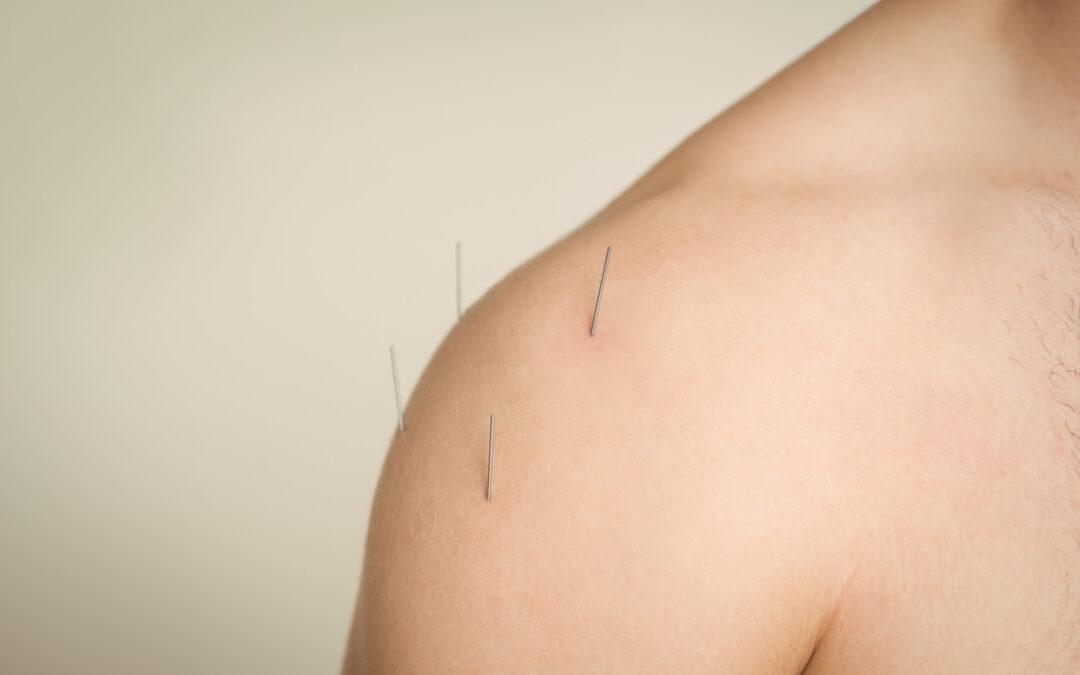Acupuncture offers a natural way to calm the mind and body by supporting the nervous system, improving sleep, and easing physical tension that often accompanies worry. Below is a practical guide to understand how it works, what to expect, and how to prepare for the best results.
How Acupuncture Helps With Anxiety and Stress
- Regulates stress response – gently shifts the body from fight or flight to rest and digest.
- Encourages endorphins and serotonin – promotes a sense of calm and well being.
- Improves sleep quality – better rest reduces next day anxiety and irritability.
- Releases muscle tension – eases headaches, jaw tightness, neck and shoulder pain linked to stress.
- Supports breath and heart rhythm – helps regulate breathing patterns and heart rate variability.
“Many people report feeling relaxed and refreshed after acupuncture. This calm state can extend beyond the session and support overall well being.” – National Center for Complementary and Integrative Health (NCCIH Website)
What To Expect In Your Session
- Consultation – discuss symptoms, sleep, stress triggers, and medical history.
- Treatment plan – point selection tailored to your presentation, often including calming points on ears, wrists, legs, or abdomen.
- Needle experience – ultra thin, sterile needles with minimal sensation; many patients feel warmth or a gentle heaviness.
- Relaxation period – you will rest comfortably for 20 to 40 minutes while the needles work.
- After session – expect a relaxed, grounded feeling; improvements often build over a short series of treatments.
Before And After Tips
- Eat a light meal or snack 1 to 2 hours before your visit.
- Hydrate with water before and after your session.
- Wear loose clothing for easy access to acupuncture points.
- Avoid caffeine and alcohol before treatment for best results.
- Plan quiet time after your appointment to rest and integrate the benefits.
- Track your sleep, mood, and triggers in a simple journal between sessions.
Who May Benefit
- Generalized anxiety, situational stress, or burnout symptoms.
- Stress related headaches, jaw tension, neck and shoulder pain.
- Insomnia or non restorative sleep related to worry.
- Post stress recovery during demanding work or life changes.
Safety And Coordination Of Care
- Acupuncture is safe when performed by a licensed practitioner using sterile, single use needles.
- Continue prescribed medications unless your physician advises changes.
- Inform your acupuncturist about all medicines, supplements, and ongoing therapies.
- If you have a bleeding disorder, a pacemaker, or are pregnant, share this before treatment so your plan can be adjusted.
Common Questions
- Does it hurt? Most patients feel little to no pain. A brief tingling or dull ache can occur and usually fades quickly.
- How many sessions do I need? Many people notice changes after 1 to 2 visits. A short series of weekly sessions over 4 to 6 weeks is common for steady results.
- Can it replace therapy or medication? Acupuncture works well alongside counseling and medical care. Always consult your doctor before changing any treatment.
Conclusion
Acupuncture offers a calm, drug free way to reduce anxiety and stress while supporting sleep, mood, and resilience. With a personalized plan and a few simple preparation steps, you can strengthen results from session to session and feel more centered in daily life.
Key Takeaways:
- Acupuncture gently regulates the stress response and promotes deep relaxation.
- Benefits build with consistent care plus simple lifestyle habits.
- Safe when provided by a licensed practitioner and compatible with most treatments.
For trusted information about training and standards, visit the National Certification Commission for Acupuncture and Oriental Medicine (NCCAOM) (NCCAOM Website). General education is also available from the National Center for Complementary and Integrative Health (NCCIH Website).
Looking for expert acupuncture in London Ontario? Our trusted acupuncturist, Tracey Li, is here to help.
She will address your health concerns with personalized treatments designed to alleviate pain, reduce stress, and restore balance.











